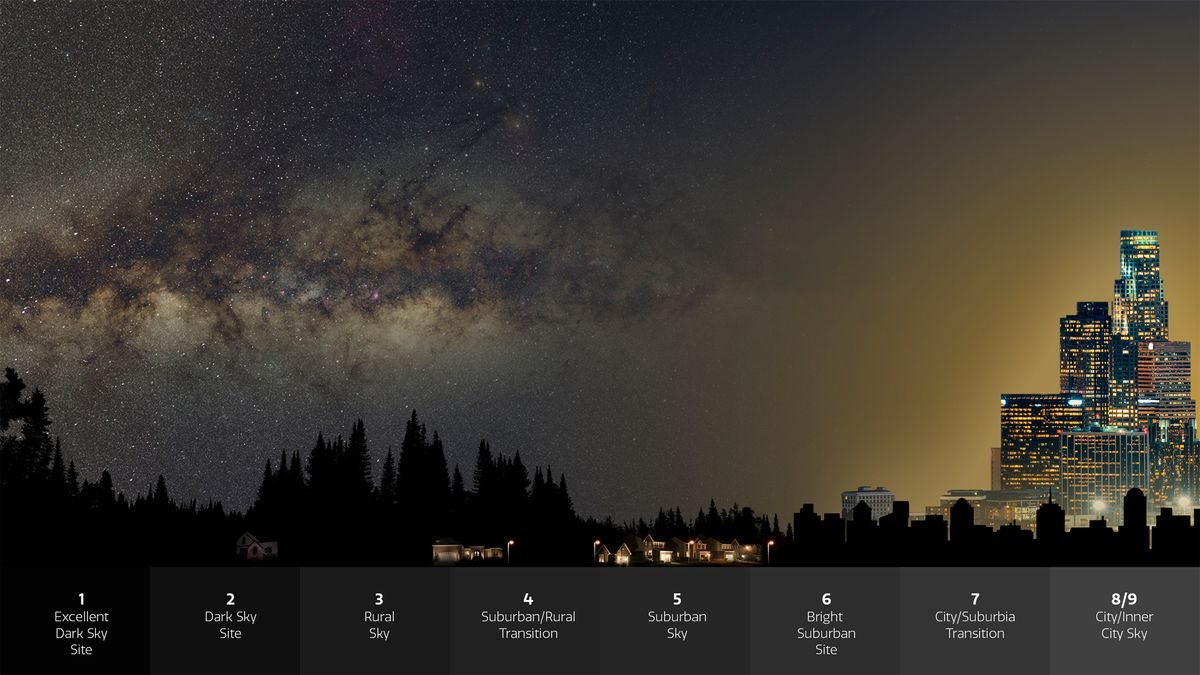Given the harmful effects of light pollution, a pair of astronomers has coined a new term to help focus efforts to combat it. Their term, as reported in a brief paper in the preprint database arXiv and a letter to the journal Science, is “noctalgia.” In general, it means “sky grief,” and it captures the collective pain we are experiencing as we continue to lose access to the night sky.



I was ready to see the Milkyway in Colorado a few years back but there was wildfire smoke covering the sky the entire time I was there.
I did get to see it just a bit in Arkansas last year(it really wasn’t as dark as I’d have liked it). I was doing some long exposures with a camera and my mom says “Wow it’s a pretty clear night except for that one cloud…”
A few years ago, I moved from Chicago to a medium sized city in Colorado. Even with the light pollution we have in my city, the stars are still great. In Chicago I was lucky to see fifteen stars on a clear night.
Ok I’m probably just being stupid, but can someone tell me why everybody’s talking about seeing the milky way? Aren’t we part of the milky way? Do you just mean the other stars and stuff?
When you get away from light pollution you can see a lot more stars and a bright line called milky way. We are part of the milky way and you can see the rest of it.
It looks [https://hr.m.wikipedia.org/wiki/Datoteka:Milky_Way_Night_Sky_Black_Rock_Desert_Nevada.jpg](like this).
In the summer, at night, we’re facing the galactic center. You can see the cloud of uncountable stars held close to the supermassive black hole at the center, and you can see the band of light spanning the sky that it the rest of the disk and arms.
It’s the reason the galaxy is called the Milky Way, because those billions of stars looks kinds like somebody spilled milk all across the night sky.
If you are in the darkest parts of the world I think you can still see it a bit in winter but you’re looking outward into intergalactic space, so it’s much fainter, only showing the stars in our arm that are even further out.